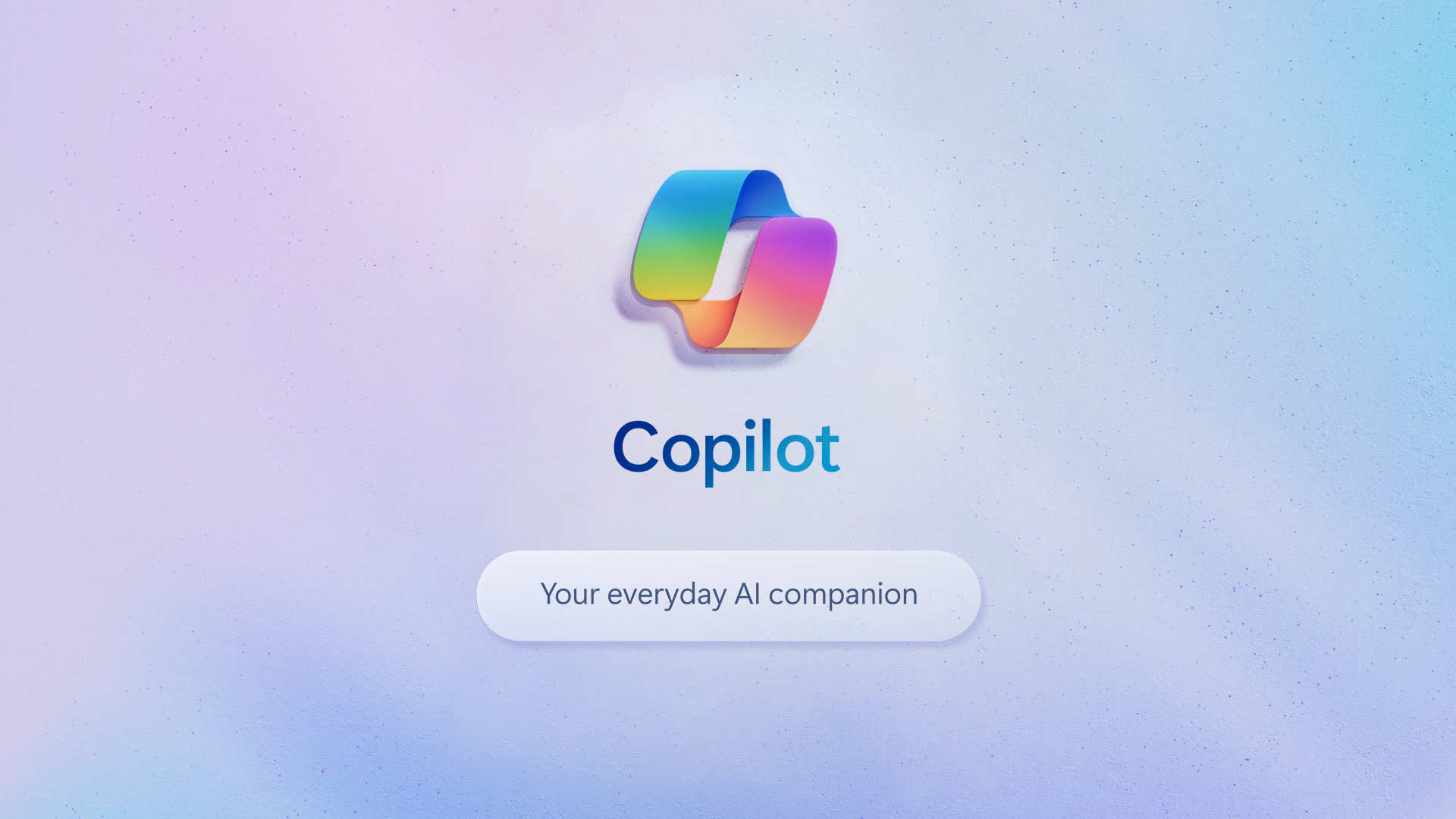In a significant development within the AI industry, Microsoft has unveiled Copilot Pro, a sophisticated, upgraded version of its existing Copilot AI platform. This new tier is specifically designed to cater to the demands of advanced AI users, offering them a suite of enhanced capabilities for more complex and intricate AI applications.
Commencing Today, Microsoft’s Copilot Pro Offers Enhanced AI Services at $20 Monthly
Effective immediately, Microsoft has made Copilot Pro available at a subscription rate of $20 per user per month. This advanced tier assures subscribers of prioritized access to the latest iterations of OpenAI’s GPT models, particularly during periods of high demand. Additionally, it boasts of augmented capabilities, including expedited image generation processes. A notable upcoming feature is the dedicated Copilot GPT Builder, which is poised to further enrich the user experience.
Yusuf Mehdi, the Executive Vice President and Consumer Chief Marketing Officer at Microsoft, in a recent blog post, articulated the company’s vision: “Our goal is to empower every person and every organization on the planet to achieve more by bringing Copilot, the everyday AI companion, to millions of people worldwide. We have reached another milestone in this mission with more than 5 billion chats and over 5 billion images generated to date.”
In a concurrent development, Mehdi also disclosed that the Copilot application has now achieved general availability across both Android and iOS platforms, marking a significant expansion in its accessibility.
What does Microsoft Copilot Pro help with?
Microsoft, under the leadership of Satya Nadella, has historically provided a complimentary version of Copilot for general consumers and a commercial variant for corporate entities. However, a specific demographic – individual power users encompassing developers, designers, and researchers – necessitated a more robust solution. These users require enhanced AI interaction capabilities, albeit not at an enterprise scale.
Addressing this need, Microsoft has introduced Copilot Pro. This advanced version consolidates the full spectrum of Copilot’s functionalities with superior performance and expanded features. Subscribers to Copilot Pro will gain a comprehensive, cross-platform Copilot experience, seamlessly integrating across various environments, including web, PC, and mobile. It extends its functionalities across Microsoft 365 Personal and Family applications, understanding contextual requirements to deliver precise outcomes.
Copilot Pro encompasses the entire Microsoft suite, including Word, PowerPoint, Excel, and Outlook. This integration allows for innovative interactions, like drafting documents through textual prompts in Word, summarizing emails in Outlook, or creating presentations via conversational inputs in PowerPoint.
A critical advantage of Copilot Pro lies in its prioritized access to OpenAI’s GPT-4 and GPT-4 Turbo models, ensuring uninterrupted service even during peak periods. This feature is designed to significantly enhance productivity. Microsoft is also exploring features to switch between models, optimizing user experiences.
For creative professionals, Copilot Pro promises accelerated image generation with refined quality, including a landscape format option. Leveraging OpenAI’s DALL-E 3 model, it enables users to produce images with 100 boosts per day, a considerable increase from the standard 15 boosts/day offered in the regular Copilot version. This enhancement is aimed at ensuring swifter and more efficient image generation for diverse creative needs.
Microsoft’s introduction of Copilot Pro tier: A strategic business move
In alignment with OpenAI’s recent unveiling of the GPT Builder, Microsoft has introduced a parallel feature within Copilot Pro. This new capability allows users to craft a Copilot variant that is uniquely attuned to specific topics, utilizing a straightforward series of prompts.
Yusuf Mehdi, in his latest communication, indicated the immediate deployment of a select group of Copilot GPTs, each with a specialized focus, including areas such as fitness, travel, and culinary pursuits. He further noted that soon, Copilot Pro subscribers will have the opportunity to create bespoke Copilot GPTs using the forthcoming Copilot GPT Builder. However, the precise release timeline for this builder remains undisclosed.
Mehdi also highlighted several incremental advancements. Notably, the Copilot application has now reached general availability on both Android and iOS platforms. Furthermore, Microsoft has revised its policy for organizational usage of Copilot within Microsoft 365, eliminating the previously mandatory minimum of 300 seats. This amendment significantly benefits small businesses subscribed to Business Premium and Business Standard plans, enabling them to integrate Copilot for Microsoft 365 with the flexibility to select any seat number below 300. The pricing structure for this service is maintained at $30 per user per month.
To upgrade or downgrade?
Microsoft’s decision to add a Pro tier to its Copilot product underscores its intention to not only elevate the AI companion’s prominence but also to capitalize on its potential revenue stream. Commentary from users on X (formerly known as Twitter) highlights a shift in Microsoft’s strategy. The company, which previously granted free and unrestricted access to GPT-4 and GPT-4 Turbo models, is now altering its model with the introduction of this premium tier.
Under the new structure, only paying subscribers will enjoy continuous access to these advanced AI models, while non-paying users will be relegated to accessing them exclusively during off-peak hours. This change, although aligning with Microsoft’s commercial objectives, presents a potential hindrance for numerous users who have integrated Copilot into their regular workflows.
The pivotal question that emerges is whether these users will adapt to the new limitations imposed by the standard version or transition to the Pro tier to maintain uninterrupted workflow efficiency. The decision-making process for these users will likely weigh the value of enhanced access against the cost implications of the Pro subscription.





Leave A Comment